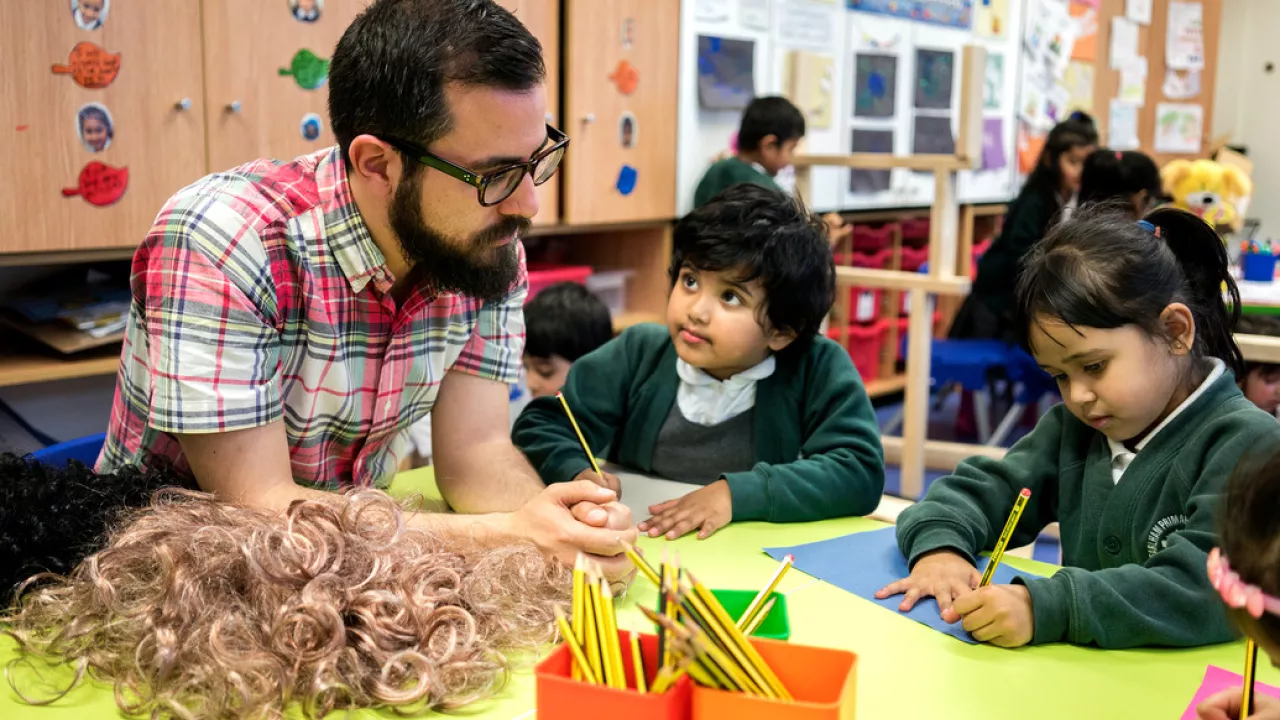
Lebanon’s Education System: Striving for Excellence
mashupch
- 0
mashupch.com – Lebanon, a country known for its cultural diversity and historical richness, also boasts a unique and resilient education system. Despite facing numerous challenges over the years, Lebanon’s commitment to education remains steadfast. The nation’s education system plays a crucial role in shaping its future, striving for excellence in providing quality education to its youth.
A Multilingual Approach
One of the defining features of Lebanon’s education system is its multilingual approach. From an early age, students are exposed to multiple languages, with Arabic, English, and French being the primary languages of instruction. This approach not only enhances students’ linguistic abilities but also prepares them for a globalized world where multilingualism is an asset.
Structure and Curriculum
The Lebanese education system is structured into several stages: pre-school, elementary, intermediate, and secondary education. Education is compulsory from ages 6 to 14, covering the elementary and intermediate stages. The curriculum is designed to be comprehensive, emphasizing core subjects such as mathematics, sciences, and languages, alongside humanities and arts.
Private and Public Schools
Lebanon’s education landscape is characterized by a significant number of private schools, which often follow either the Lebanese curriculum or international curricula such as the French Baccalaureate or the International Baccalaureate (IB). Public schools, while less prevalent, are an essential part of the system, providing education to a large portion of the population.
Higher Education and Global Recognition
Lebanon is home to several prestigious universities, such as the American University of Beirut (AUB) and Saint Joseph University (USJ), which attract students from across the region and the world. Lebanese universities are renowned for their academic rigor and have made significant contributions to research and development in the Middle East.
Challenges and Reforms
Despite its strengths, Lebanon’s education system faces challenges, including political instability, economic constraints, and disparities in educational resources. The government, along with local and international organizations, is working towards reforms to address these issues, aiming to ensure equitable access to quality education for all students.
Conclusion
Lebanon’s education system is a testament to the country’s resilience and commitment to nurturing its future generations. By striving for excellence and embracing diversity, Lebanon continues to invest in its youth, empowering them with the knowledge and skills needed to thrive in an ever-changing world. As the nation navigates its challenges, the pursuit of educational excellence remains a beacon of hope and progress.


